
Rosh Hashanah is a time when Jews reflect on their actions and try to make amends with each other and God.

Yom Kippur is often considered the holiest day of the Jewish year.

Sukkot is named after the booths or huts (sukkot in Hebrew) in which Jews are supposed to dwell during this week-long celebration.

Coming at the conclusion of Sukkot are the two holidays of Shemini Atzeret and Simchat Torah.
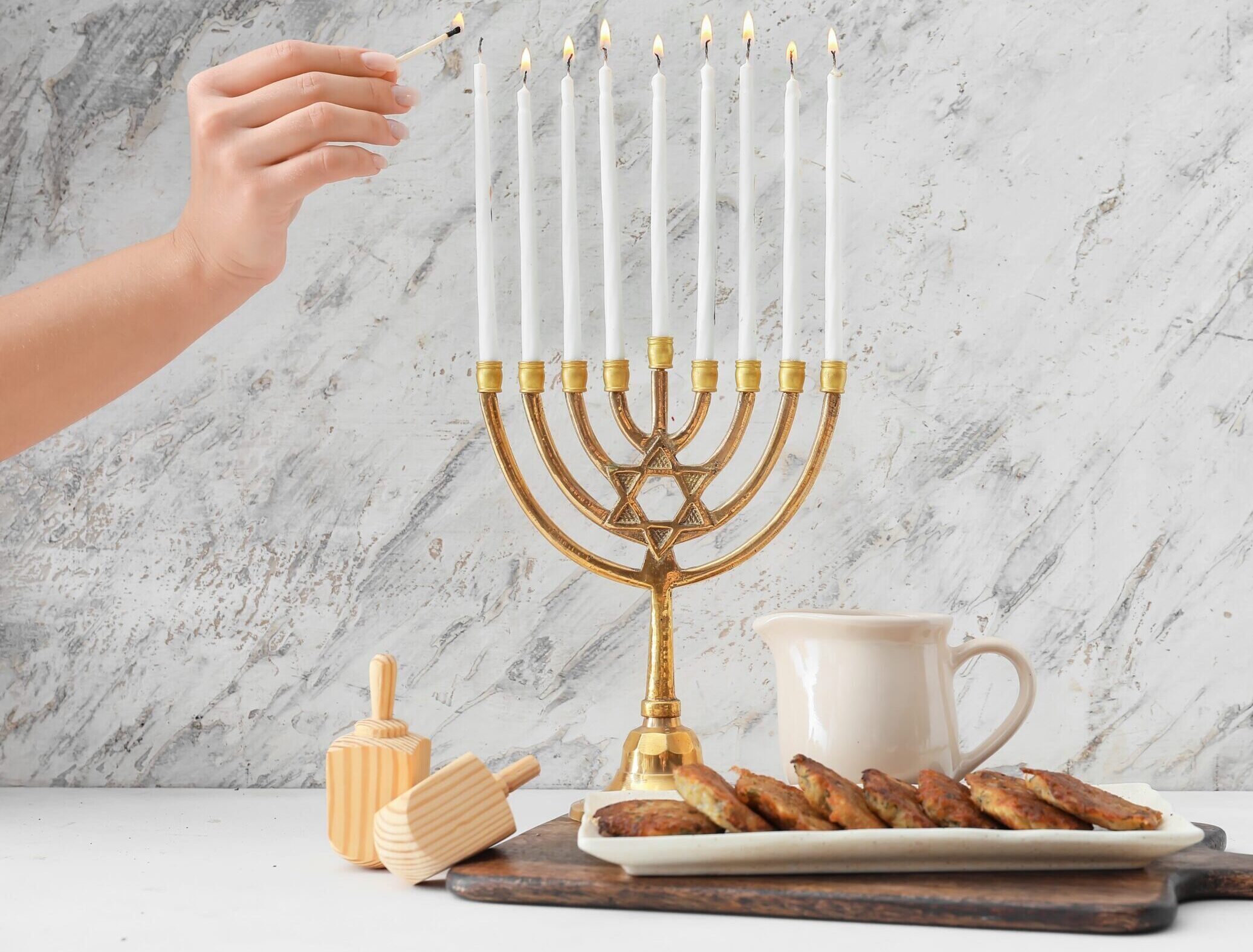
Though initially a minor holiday, Chanukah has become one of the paradigmatic Jewish holidays.

Tu B'shevat, traditionally known as the birthday of the trees, is a time to think about relating to the natural world.

Purim is the most carnivalesque Jewish holiday.
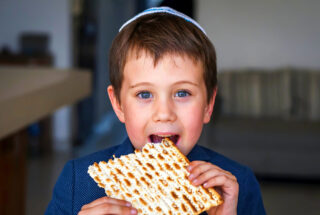
Passover celebrates the biblical exodus from Egypt, but its focus on freedom in general has earned it a special place on the Jewish calendar.
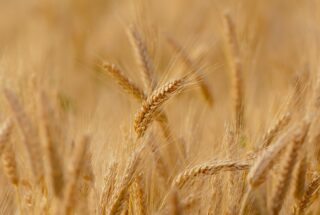
Shavuot began as a harvest festival, but it also commemorates the revelation at Sinai and the giving of the Torah.

Contemporary Jews observe holidays that commemorate events in recent Jewish history.

Yom Ha'atzmaut, Israel's Independence Day, is always preceded by Yom Hazikaron, Israel's Memorial Day for the fallen soldiers.
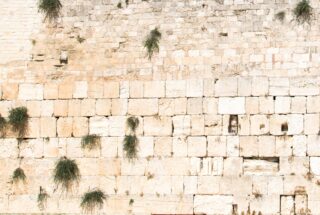
Tisha B'Av is a fast day that commemorates the destruction of the First and Second Temples.
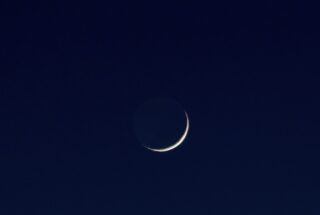
Months in the Jewish calendar begin with a small celebration, known as Rosh Chodesh.

The Bible famously says, "Observe the Sabbath and keep it holy."
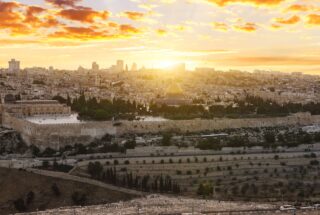
The four minor fasts on the Jewish calendar commemorate tragedies in Jewish history.
